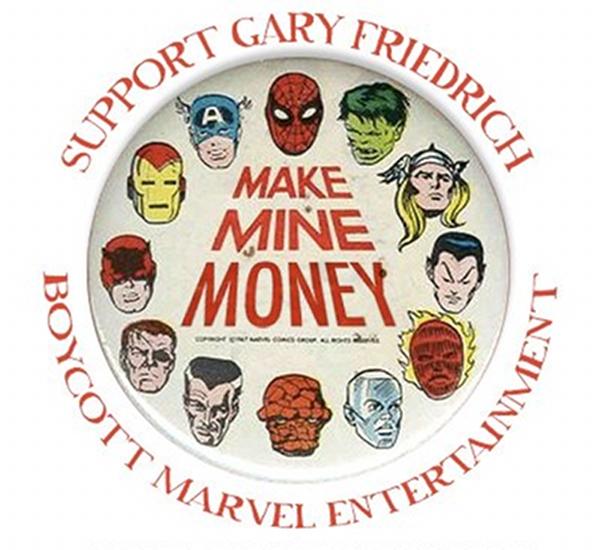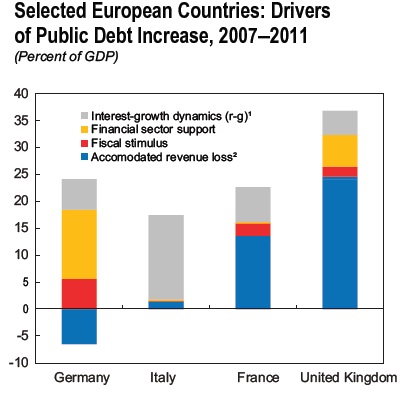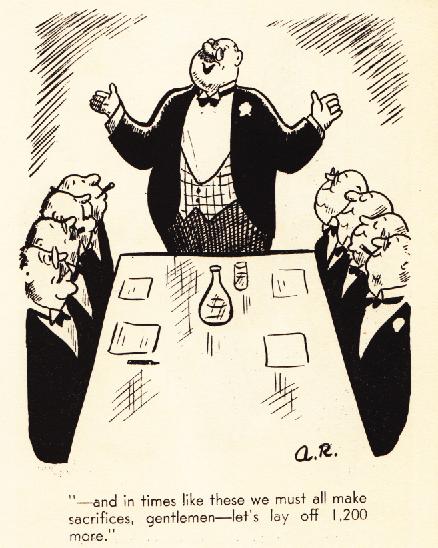
Capitalism is always exploitative, but the American comics industry has always been more aggressive and barefaced about exploiting their talent. The socalled Golden Age of the 1930ties to 1950ties was filled with mobbed-up distributors, shady businessmen and fly by night publishers and while after the fifties comics went respectable, the business methods remained. Sometimes it seems that just because comics are such penny ante operations compared to other media companies, that this explains the petty, spiteful and pennypinching ways in which publishers treat their workers. But then along comes Disney to show it takes a huge company to be truly spiteful.
Gary Friedrich is the creator of Ghostrider, which is a character that has been fairly succesful for Marvel/Disney, having had several series over the decades, as well as several movies in the last few years, the latest having just come out. Friedrich has not shared in this success as Marvel argues that he had signed over the rights to his creation when he signed the paycheck paying him for his writing work — the back of which had a rubberstamp agreement stating that signing it meant the loss of all rights. Friedrich obviously disagreed with this, opened a lawsuit against Marvel to claim his rights back and lost; leaving him having to recover the costs he made pursuing the case somehow. This wasn’t enough for Marvel however and they countersued him, claiming 17,000 dollars in damages for his “illegal” selling of Ghostrider merchandise — selling sketches at comics conventions. Oh, and they also want him to stop calling himself Ghostrider’s creator.
Petty, no? About the only way Friedrich (who can’t get any work for Marvel or another comics company) could make some money was by trading on his stature as the creator of Ghostrider and sell sketches and such of him, something that’s a longstanding perk for comics creators though theoretically is infringement on a Marvel or DC’s copyrights/trademarks. These companies have never sunk so low as to interfere with this trade, often the only way in which elder or retired comics artists can still make some money of their skills, but with Marvel now owned by Disney, a company never caring much for how it treats its workers, there obviously isn’t the same courtesy anymore.
This case should put the fear of god into any comics artists, because now the taboo has been broken, it may only be a matter of time before Marvel and DC go systemically after all “infringers”. Gary Friedrich therefore needs our support, not just out of ordinary human decency, but to stop this further landgrab in its tracks. If you want to help, you can donate a few bucks to him to help pay for his legal and other costs. As Tom Spurgeon put it:
It doesn’t really matter to me at this stage to come to some sort of merit-based appraisal of Gary Friedrich’s recent lawsuit against Marvel, let alone his entire professional life. I frankly never quite understood the former and I think engaging the latter invites madness and an appreciation of the trees when it’s the forest that’s maybe more important. Right now it just sounds to me like the guy could use a hand, and for whatever reason — justice, the timing of history, God’s will, stupidity, a lack of grace, boiling-cauldron evil, gremlins — the way that he was able to do his work in the comics industry was not rewarding to him in a way that would forestall such trouble. I’m willing to risk a few bucks in that I may be eventually proven wrong somehow in extending that very modest hand.

